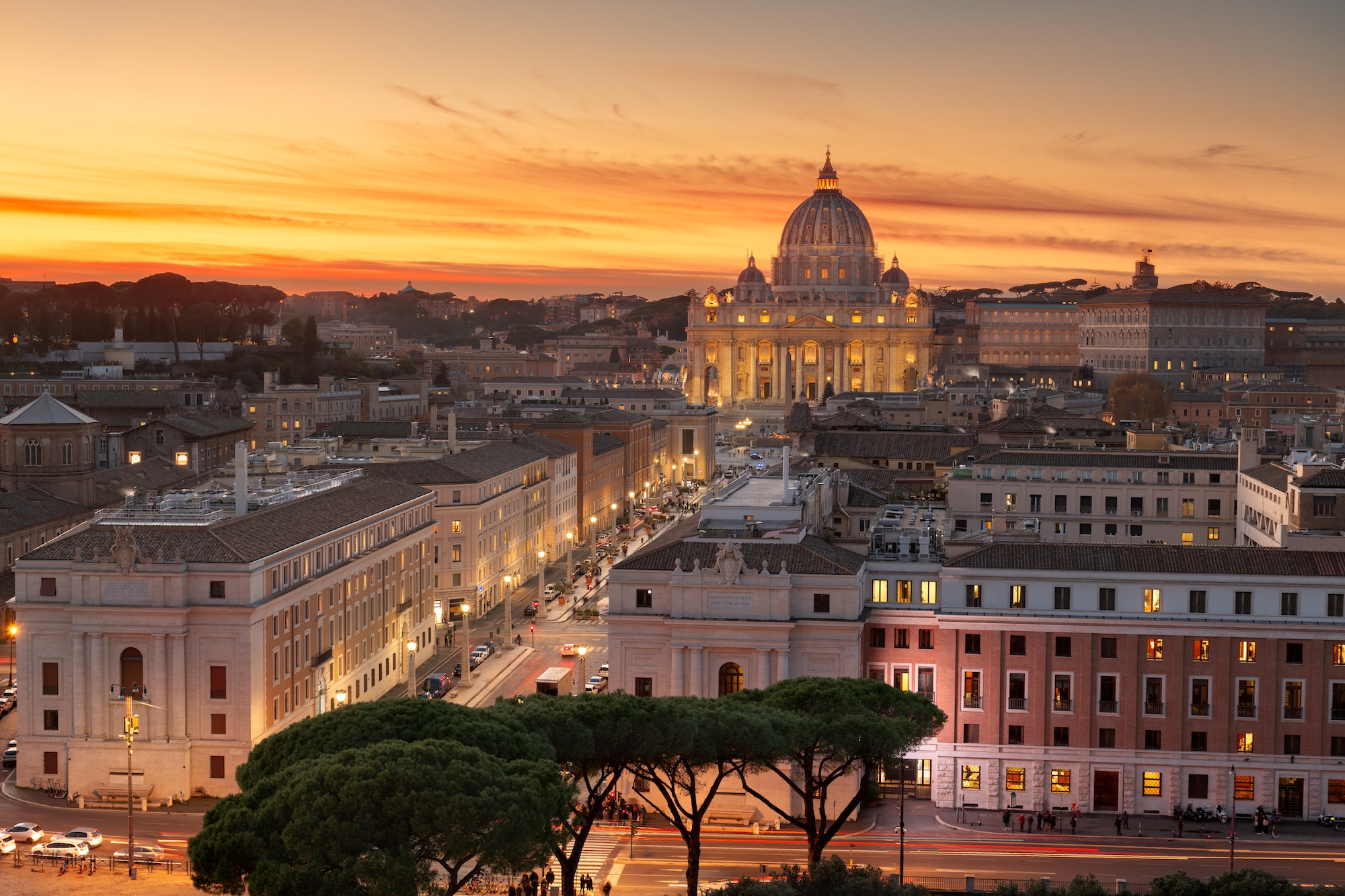
From a Catholic perspective, Transubstantiation is the miraculous change by which the bread and wine become the actual Body and Blood of Jesus Christ during the Mass, while retaining their outward appearances.
Transubstantiation refers to the Catholic belief that during the consecration at Mass, the substance of bread and wine is transformed into the Body and Blood of Christ, though their physical appearances (taste, texture, etc.) remain unchanged. This doctrine, rooted in John 6:53-56 and the Last Supper, holds that Christ is truly present, not just symbolically. It’s a mystery of faith affirmed by the Church at the Council of Trent (1551).
Many Protestants, like Lutherans, believe in consubstantiation (Christ is present alongside the bread and wine), while others, like Baptists, see the Eucharist as a symbolic memorial. Catholics assert Transubstantiation means a complete change of substance, not a coexistence or mere symbol, making the Eucharist Christ Himself. This distinction reflects deeper differences on sacraments and Christ’s real presence.
Catholics base this belief on Jesus’ words, “This is my body” (Matthew 26:26), and His teaching in John 6 that His flesh is “true food.” The Church, guided by Tradition and the Magisterium, interprets these as literal, not figurative, supported by early Christian writings like those of St. Ignatius of Antioch (c. 110 AD). It’s seen as a gift of Christ’s abiding presence until His return.
Through the power of the Holy Spirit and the priest’s words of consecration, echoing Christ at the Last Supper, the substance changes in a way beyond human understanding—a miracle. The philosophical terms “substance” (what something truly is) and “accidents” (its outward properties) from Aristotle, adopted by St. Thomas Aquinas, explain this transformation. Faith, not science, grasps this reality, as the senses detect no change.
Most Protestants reject it due to “sola scriptura,” arguing Scripture doesn’t explicitly demand this interpretation, or because they see it as too mystical or tied to Catholic Tradition. Reformers like John Calvin favored a spiritual presence over a physical one, viewing Transubstantiation as an overreach of Church authority. Catholics counter that Tradition and Christ’s clear words support it beyond doubt.
The priest, acting in the person of Christ (in persona Christi), speaks the words of consecration, invoking the Holy Spirit to effect the change, as Christ did at the Last Supper. Protestants often see no need for a priestly role, emphasizing a direct relationship with God. Catholics believe this authority was given to the apostles and their successors (John 20:23, Matthew 28:19-20).
While the term isn’t in Scripture, Catholics point to passages like John 6:51-58 (“Whoever eats my flesh and drinks my blood has eternal life”) and the institution narratives (e.g., Luke 22:19) as its foundation. Protestants may interpret these symbolically, but Catholics, with Tradition, see them as literal commands fulfilled in the Eucharist. Early Church Fathers like St. Justin Martyr (c. 150 AD) also affirm this belief.
It makes the Mass a re-presentation of Christ’s sacrifice on the Cross, where Catholics receive Him in Communion, deepening their union with God. Protestants, lacking this belief, often focus worship on preaching or symbolic remembrance, not a sacrificial act. For Catholics, the Eucharist is the “source and summit” of Christian life (CCC 1324).
No, because it’s a metaphysical change in substance, not a physical one detectable by scientific tools, which only measure “accidents.” Protestants might argue this makes it unverifiable, but Catholics see it as a miracle transcending natural laws, like the Incarnation. Eucharistic miracles, like Lanciano (8th century), are cited as signs, though faith remains key.
Catholics believe receiving the Eucharist worthily imparts grace and eternal life, as Jesus said, “Unless you eat the flesh of the Son of Man... you have no life in you” (John 6:53). Many Protestants see salvation through faith alone, with communion as optional, not essential. For Catholics, it’s a vital sacrament uniting us to Christ’s redemptive sacrifice.